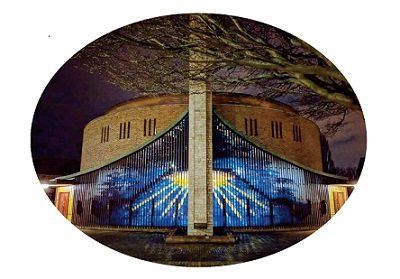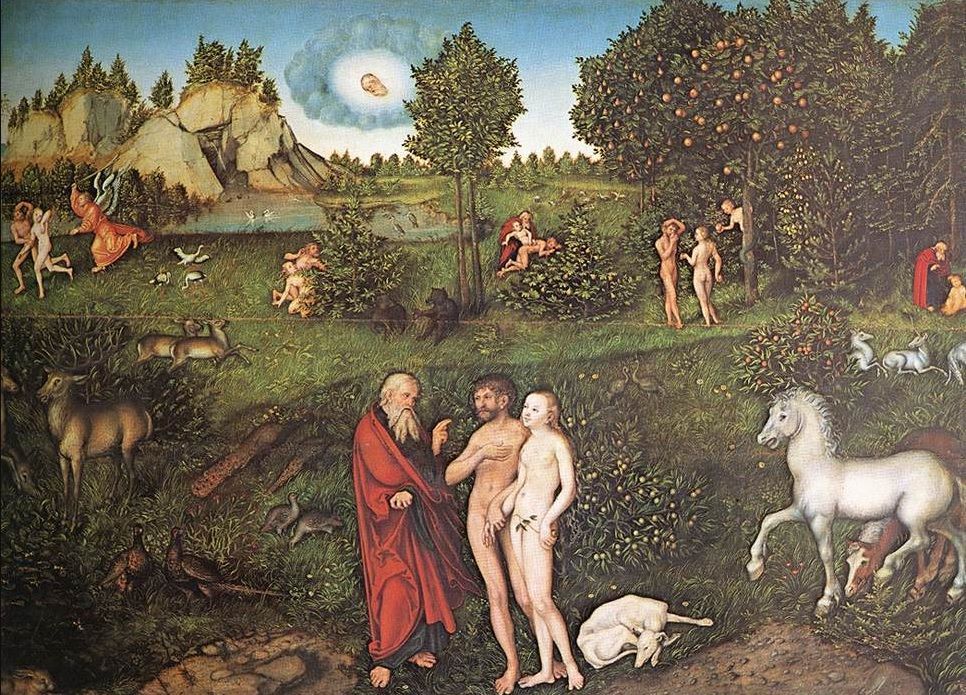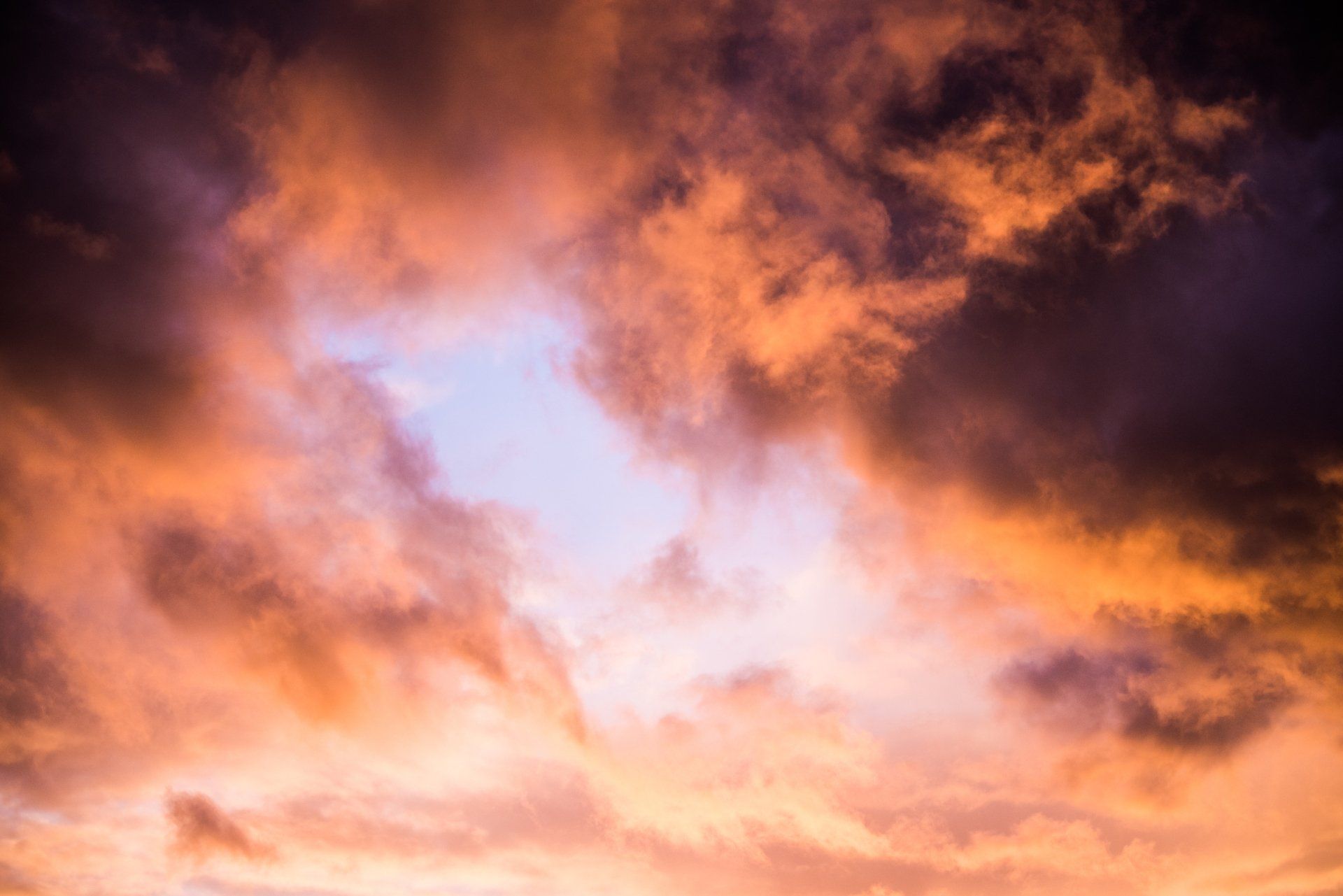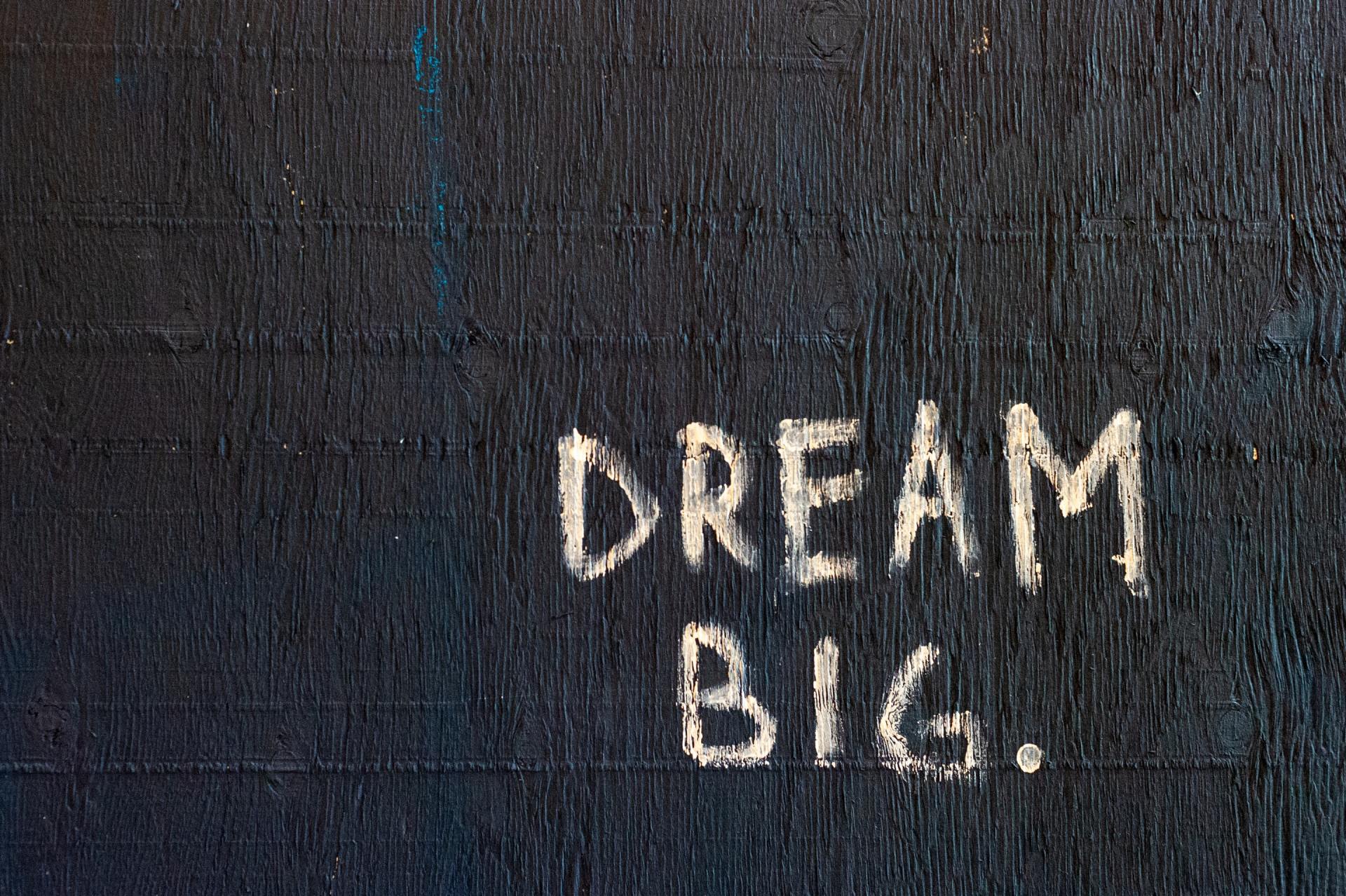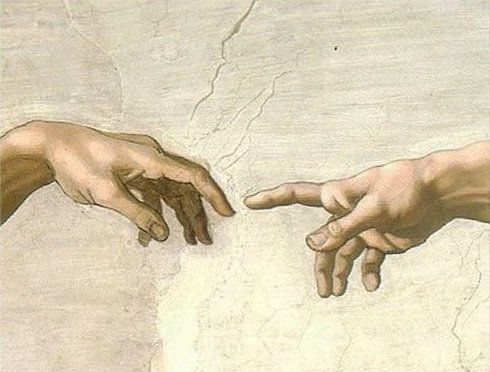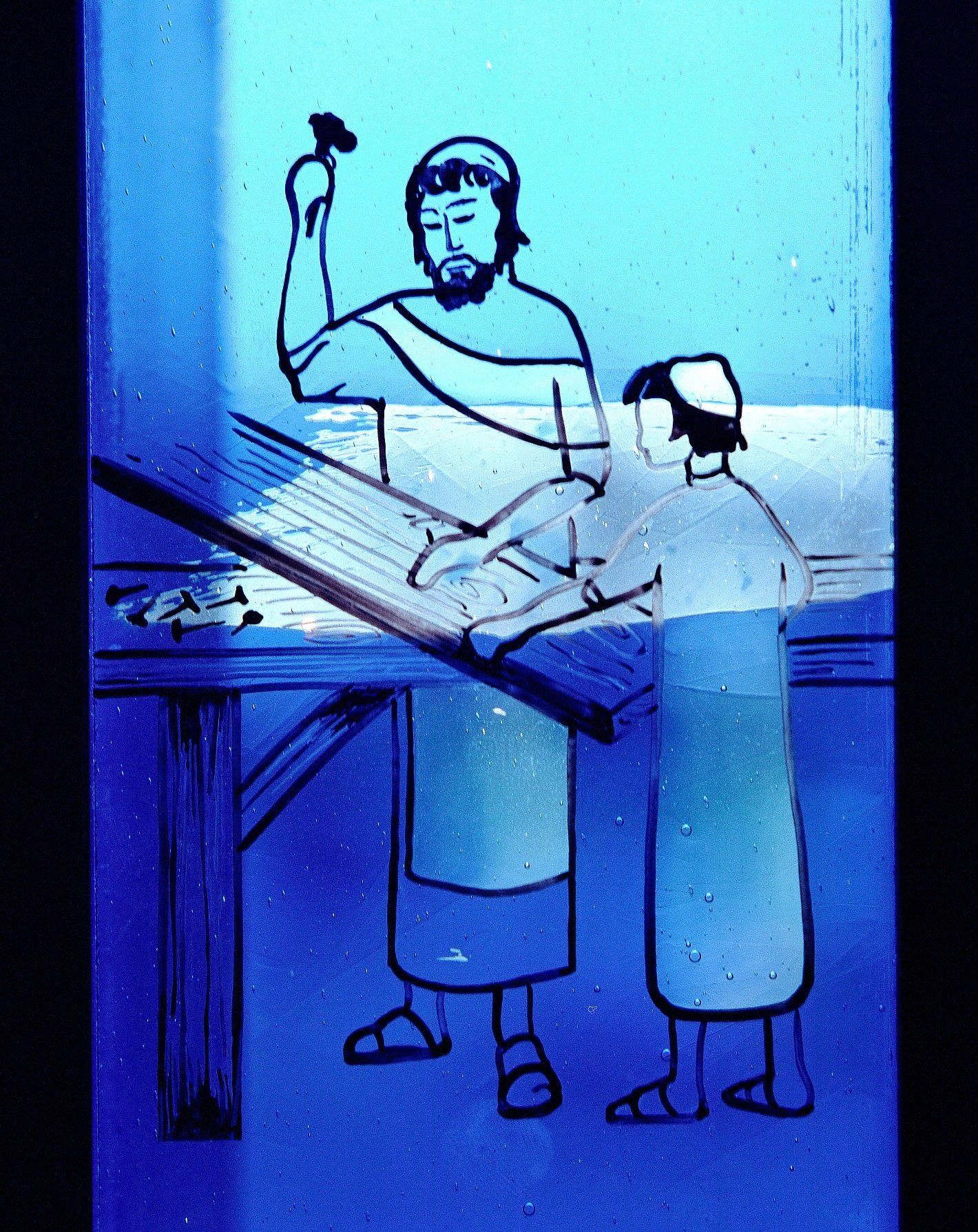Free Education for All
Memories of Schooldays
Gerald McCarthy was my cousin. He was a brilliant rugby player and captained the Welsh Schools XV at 15 and 18. My school friends, from four and a half, were Gary Sullivan and Paul Donovan and our friendships lasted right through our lives.
A fight began as Upper Sixth were coming out of class and Lower Sixth going in . . . Gary told Gerald he should be ashamed of playing for Wales: he was false to his name and to his Irish people. Gerald angrily replied that he was born in Wales, as his parents had been, and he knew his Irish history; but his home and his family were all in Wales.
“You can’t be Irish and Welsh” shouted Gary, “you have to choose!” Suddenly it was ugly. They went for each other but we held them back. There was anger, bewilderment, involvement, tension. We all knew it.
We each had that familiar story each in our own way – Irish immigrant families, Welsh home and upbringing – but how differently we had been growing up. Jack and Paul F were already Welsh nationalists, Gary and others only looked back to Ireland, others wanted to claim belonging to both. What united us was our Catholic faith and school, and the privilege of being the first generation to be offered higher education by the State.
The 11+ exam had opened for us doors closed to the preceding generations of our families. We were the first on the path which was to become a glorious vision of education for the whole world, free and provided by the State.
Education beyond the dreams of our parents and families was ours because of success at the 11+ exam. Better was to come. Comprehensive Education with no division was better – and then the Academies have become a further development, all students encouraged to achieve their best, “Streaming” within schools a good system, the blending of strengths, coaching of weaknesses, the best pace for each student, good challenging at every level.
SWITZERLAND was the first school where I saw that comprehensive fullness: SW were the strongest, ITZ the middle, ER the slowest and most needy (LAND not needed but in reserve). There was easy movement between the various subjects and groups.
That post World War II generation led the way to a higher education for all. We have a sense of responsibility so that today we can claim an awareness of a universal right to education. This right may be stifled by powerful religious and political powers, by bigots, these battles to be won - but equality of education for girls is more recognised – someone as brave as even Malala risking her life to speak out.
In a previous parish newsletter I summarised the book “Small is Beautiful” by E.E. Schumacher (summary below) which reminded the developed world that projects which served the poor best are those that allow them to be involved. Great projects, demanding huge capital outlay, benefit the investors: projects that engage huge numbers of the poor to develop their skills and co-operation are far better. Education, said Schumacher, is the best form of aid.
“Small is Beautiful” E.E. Schumacher
Schumacher set himself against the geo-political thinking of the mid-twentieth century and brought economics back to its people-centred setting:
1. The world’s greatest gift is human life to tend and cultivate the earth in all its richness.
2. Share the earth, do not possess or control it.
3. Everyone has a valued place in a good society – no one is useless, everyone encouraged, new personal insights alway appreciated.
4. We are all gifted and need to give. We thrive in a healthy society.
5. Towns and cities should feel like “home”, not jungles of streets and brick and shanty hovels.
6. He quotes Byron “The Tree of Knowledge is not The Tree of Life”, and Charles Darwin who had watched himself die to all sense of beauty in music, poetry and art, and make of his mind a sort of machine for grinding out general laws.”
7. Appreciate the world of nature, land, creatures.
8. Abuse of creation leads to waste-land, deserts, and the destruction of top-soil on which all life depends.
9. It is our duty to constantly restore, replace, preserve, renew.
10. Nature offers clear guidelines and good education leads to best local understanding of resources: land, water, forestation, rotation of crops, fallow years . . .
11. The large cities in the poorer countries offer no vision: they look to the wealthy world and ignore the poverty-stricken, unemployed and unemployable, the drop-outs, those living in the shadows.
12. Encourage positive relationships based on a sense of equality and mutual appreciation of different ways.
13. Plant a tree every few years.
14. Plan carefully together for a shared prosperity, rather than leave such tasks to boastful and deceiving forecasters.
15. Stop. Look. Listen.
16. With good organisation and individual freedom – work together.
17. People are at the centre of good economics.
18. Education is the best aid we can give.
We have a world vision to share – good education, overcoming of religious bigotry and divisions, justice and freedom for every one in the human family. Private education must remain family choice - choice is precious - but as a world we must choose to make general education ever better. It is a challenge, but we must rise to the challenge. I feel privileged to have been there at the beginning: after World War II Great Britain accepted its responsibility to educate its citizens and not leave it to private enterprise. Slowly the world has been following.
Were our parents and families proud of us, moving into the wider world, fulfilling the hopes and dreams they’d had no chance to realise. Yes. We fulfilled their dreams. But we must be aware that others want to dream, too.
Fr John Daley
FOOTNOTE
What happened to my friends?
Gerald McCarthy was accidentally killed on army manoeuvrers the following year whilst doing National Service in the British army. Alec (also on National Service) died when the engine of the plane he was flying failed and the people saw him guide it to a safe place to crash. He had chosen not to bale out. A plaque in his memory is in the local church: he died to save them.
Gary, feisty always, had the happiest of marriages to a lovely Welsh girl and died at forty-eight waiting for a transplant. I was with him at the hospital. He had mellowed to the perfect Irish Welshman. My friend from four and a half.
Paul D played rugby for London Welsh and seemed certain to be chosen for Wales, but made clear his opposition to apartheid in South Africa and would not play against South Africa, so he was shelved. Paul became a lawyer. I was at his wedding in London and our friendship, from four and a half, continued until the end of his life.
Jack and Paul F never lost their Welsh Nationalist feelings, nor their wonderful sense of humour. My friends throughout their lives from our first year in secondary school.
The Year of St Joseph
Welcome
We welcome all who would like to join our online St Joseph's community whether you live within our parish boundary or other parts of the country/world. We are all one in Christ.
Useful Links
Contact information
St Joseph's Community
12 Goodwood Road
Leicester LE5 6SG
United Kingdom
0044 (0) 116 241 5159
Holy Family Cluster Parishes
Church Office
Sacred Heart
Mere Road
Leicester LE5 3HS
0044 (0) 116 251 1437
St Joseph's Newsletter Request
Thank you for asking to join our weekly newsletter emailing address. By sending us this request you agree that we can store your email address on our database for the sole purpose of sending you information and news about St Joseph's parish through our weekly newsletter.
PLEASE ALSO NOTE that, on receipt of your request, your name will be added automatically to the newsletter emailing list . The email is sent out on Friday or Saturday of each week as a 'blind copy', in order to protect people's email addresses, but this can method can sometimes be rejected by mail servers. Please look out for your copy next weekend and, if it doesn't arrive, message the website again notifying us and we'll send each week as direct mail.
Thank you and God bless you.
Please try again later
Holy Family Newsletter Request
Thank you for asking to join our weekly newsletter emailing address. By sending us this request you agree that we can store your email address on our database for the sole purpose of sending you information and news about St Joseph's parish through our weekly newsletter.
PLEASE ALSO NOTE that, on receipt of your request, your name will be added automatically to the newsletter emailing list . The email is sent out on Friday or Saturday of each week as a 'blind copy', in order to protect people's email addresses, but this can method can sometimes be rejected by mail servers. Please look out for your copy next weekend and, if it doesn't arrive, message the website again notifying us and we'll send each week as direct mail.
Thank you and God bless you.
Please try again later
